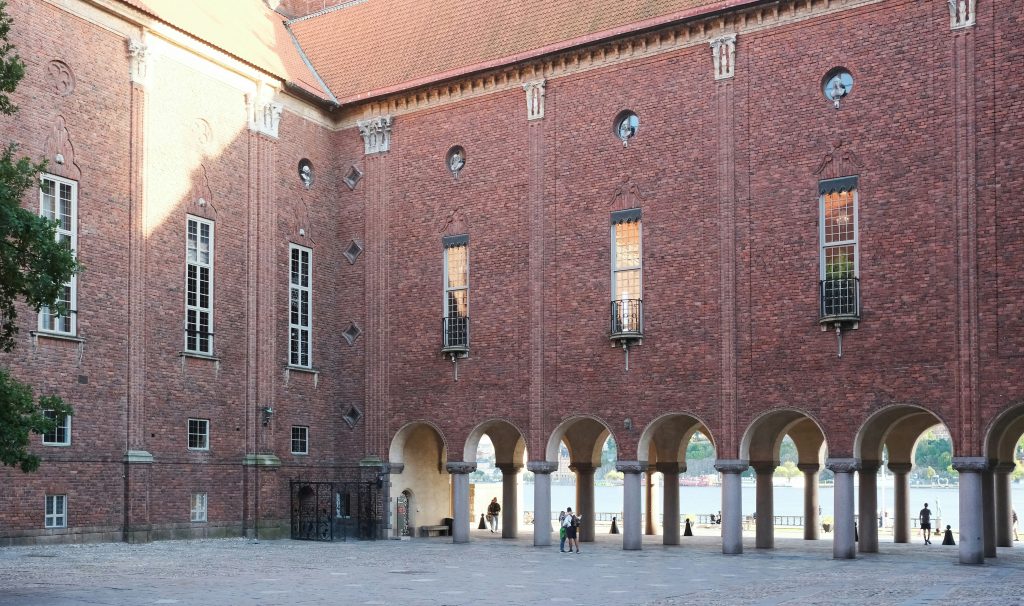Pioneers of MicroRNA Research Awarded 2024 Nobel Prize in Physiology or Medicine
In a groundbreaking announcement on October 7, 2024, the Nobel Prize in Physiology or Medicine has been awarded to two eminent scientists for their pioneering work on microRNA, a discovery that has significantly advanced the field of genetics and molecular biology. This prestigious accolade has been shared by a professor of genetics at Harvard Medical School and an alumnus of MIT, who have been instrumental in unraveling the complexities of microRNA, a small but powerful molecule that plays a critical role in regulating gene expression.
MicroRNA research has opened new avenues in the medical field, with implications for understanding various diseases, including cancer, diabetes, and metabolic disorders. The duo’s collaborative work has not only shed light on the fundamental mechanisms of cellular processes but has also provided valuable insights that are shaping contemporary approaches to disease treatment and prevention.
The announcement has generated a flurry of excitement within the scientific community and beyond, with accolades pouring in from colleagues, students, and researchers worldwide. The recipient from Harvard expressed a blend of surprise and gratitude, noting that the recognition is a culmination of years of relentless research and dedication. “My ignorance is bliss,” he remarked, emphasizing the unexpected nature of their discovery and the serendipitous journey of scientific exploration.
As the news spread, it became evident that this recognition is not just a personal triumph but a celebration of scientific collaboration and innovation. Their discovery of microRNA has significantly influenced how scientists approach gene regulation, providing a novel perspective that could lead to revolutionary treatments in the future.
Both recipients have dedicated their careers to the pursuit of knowledge in genetics, and their work serves as an inspiration for the next generation of scientists. The advancements made possible by their research underscore the importance of continued investment in scientific inquiry and education.
The Nobel Prize serves as a reminder of the transformative power of research and the profound impact it can have on society. As microRNA continues to be a focal point of research, the implications of these discoveries will undoubtedly extend far beyond the laboratory, influencing health policies, treatment methodologies, and the overall understanding of human biology.
In light of this significant achievement, it is essential to recognize the role of interdisciplinary collaboration in advancing science. The integration of knowledge from various fields has proven to be a catalyst for innovation, and this Nobel Prize serves as an emblem of that synergy.
As we celebrate these remarkable achievements, it is crucial to reflect on the future of research in microRNA and its potential to unlock new frontiers in medicine. The journey does not end here; rather, it marks the beginning of a new chapter in the exploration of genetic regulation and its implications for human health. The scientific community eagerly anticipates the next steps in this ongoing journey, as researchers build upon the foundational work laid by these Nobel laureates, striving to translate their findings into tangible benefits for society at large.
Tags: Gary Ruvkun, genetics, medical research, microRNA, Nobel Prize, Nobel Prize 2024
Groundbreaking Discoveries in MicroRNA Earns 2024 Nobel Prize in Physiology or Medicine
In a remarkable achievement for the scientific community, the 2024 Nobel Prize in Physiology or Medicine has been awarded to two distinguished researchers for their pioneering work in the field of microRNA. This groundbreaking discovery has significantly advanced our understanding of gene regulation and its implications in various diseases, including cancer and metabolic disorders. The recipients, both associated with prestigious institutions, have dedicated their careers to unraveling the complexities of microRNA and its role in cellular processes. On October 7, the announcement was made, sparking a flurry of excitement and recognition for their contributions. MicroRNA, a small yet powerful molecule, has emerged as a crucial player in gene expression, affecting how genes are turned on and off within cells. The research conducted by these scientists has paved the way for innovative approaches in medical research and therapeutic development. Their findings have opened new avenues for understanding diseases at a molecular level, providing insights that could lead to effective treatments for conditions that have long plagued humanity. This award not only honors their individual contributions but also highlights the importance of collaborative research in advancing scientific knowledge. As the world celebrates this achievement, the implications of their work continue to resonate across various fields, inspiring future generations of scientists to explore the vast potential of molecular biology. The Nobel Prize serves as a reminder of the profound impact that dedicated research can have on society, encouraging further investment in scientific inquiry and innovation. With the spotlight now on microRNA and its applications, the global medical community anticipates exciting developments that could emerge from this pivotal moment in research history. As we look forward, the journey of discovery in the realm of microRNA is just beginning, promising new hope for patients and a deeper understanding of the biological mechanisms that underlie health and disease. This recognition marks a significant milestone in the ongoing quest to harness the power of genetics for the betterment of human health, and serves as a catalyst for future research endeavors. The achievements of these remarkable scientists will undoubtedly inspire countless others to pursue a path in biological research, fostering a renewed interest in the intricate world of genetics and its potential to transform medicine. In conclusion, the awarding of the 2024 Nobel Prize in Physiology or Medicine is a testament to the enduring value of scientific exploration and the importance of perseverance in unraveling the mysteries of life at the molecular level. As we celebrate this achievement, we are reminded of the critical role that research plays in shaping the future of healthcare and the endless possibilities that lie ahead in the pursuit of knowledge.
Tags: genetics, medical research, microRNA, Nobel Prize


